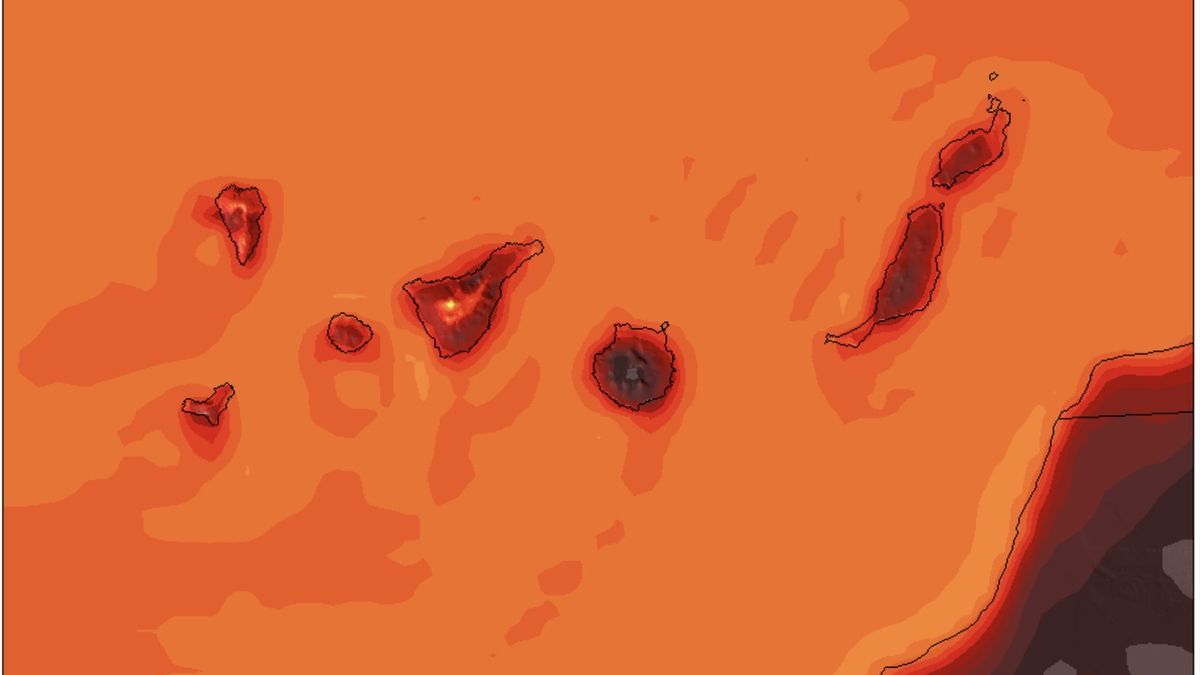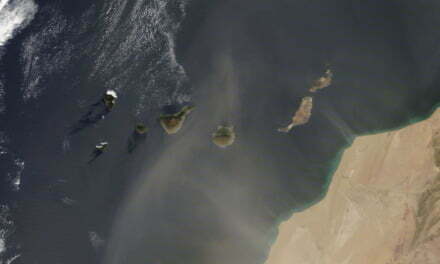Gran Canaria has experienced one of the warmest months of July in the past sixty years with the average temperature, in the shade, across the Canary Islands during the month standing at 23.5ºC, which marked an anomaly of +1.2ºC above the reference average. This indicates a warmer than usual month ranking it as the sixth warmest July since 1961.
The most significant warm episodes were between the 1st and 5th of July, as well as from the 10th to the 14th. During these periods, high temperatures were recorded, contributing to the elevated average temperature. Although a marked heatwave was observed from the 10th to the 14th of July, which included high maximum temperatures, the most significant impact on the rise of the average temperature was due to persistently elevated minimum temperatures recorded at numerous stations.
Between the 10th and 15th of July, orange-level advisory alerts were issued for various areas across all the Canary Islands, with the southern, eastern, and western regions of Gran Canaria reaching red-level alerts. Despite these elevated temperatures, the specific official criteria, in meteorological terms, for categorising them as a ‘heatwave’ were not met.
Throughout last month, the dominant pattern generally over the islands was characterised by anticyclonic conditions, most usually bringing clear skies and sunny weather during the summertime. These anticyclonic situations were however responsible for a little rainfall too, which, although generally weak, fell within the normal expected range. The mean accumulated rainfall for the month was 0.9 mm, representing 100% of the expected value. This places July 2023 as only the 24th wettest July since 1961.
July 2023 brought one of the warmest ever months of July to Gran Canaria and the Canary Islands in general, with temperatures consistently above the long-term reference average. The island experienced notable warm episodes, particularly between the 1st and 5th and from the 10th to the 14th of July. These episodes led to increased maximum and minimum temperatures, contributing to the overall elevated temperature trend.
There is much evidence that the climate continues to change, and with this being an El Niño year greater than usual extremes are expected, though continued monitoring and understanding these temperature variations are crucial for developing future strategies to mitigate and adapt to the effects of rising temperatures in the region. Marine temperatures are also much higher than usual this year.













